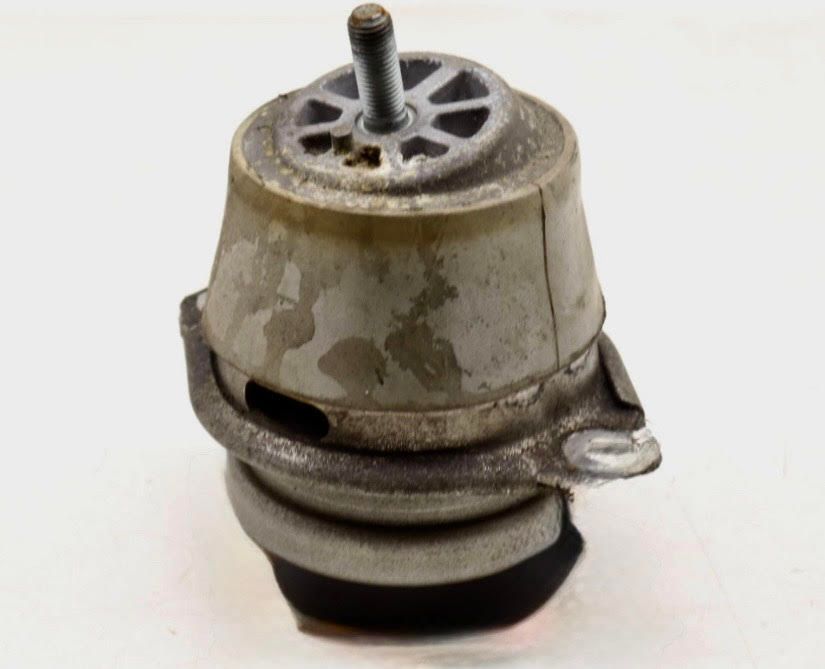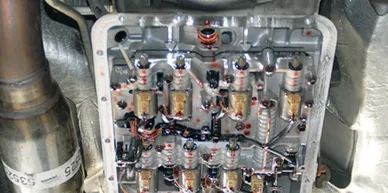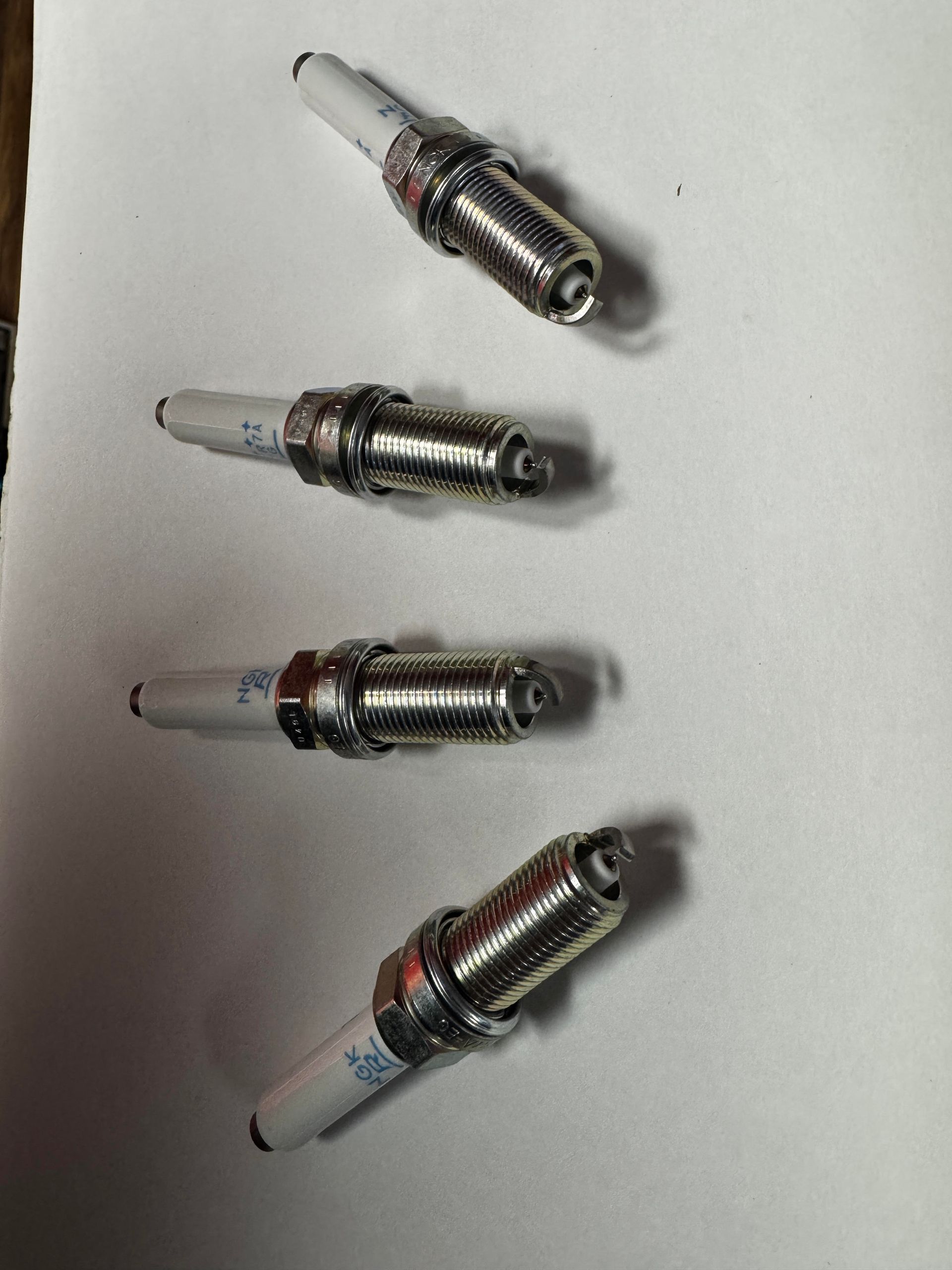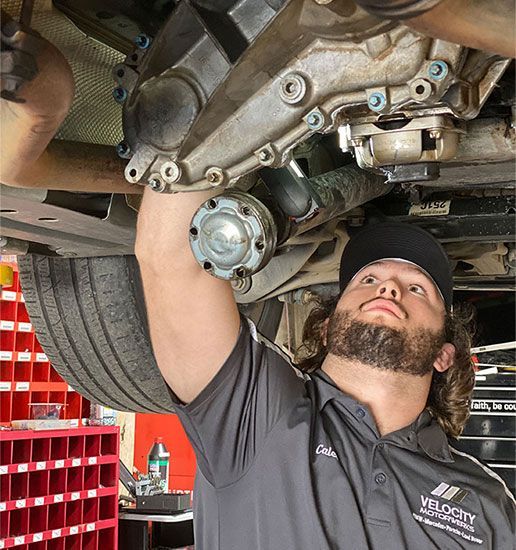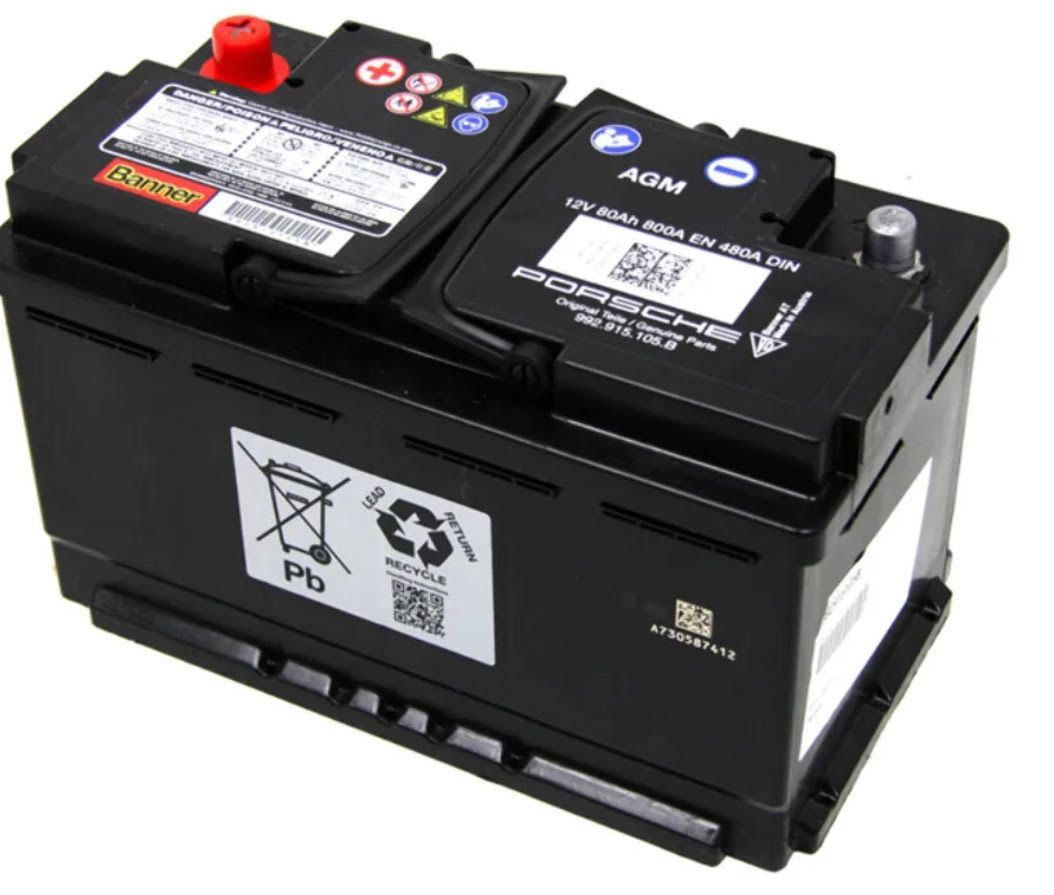Understanding AOS Failure
The Consequences for Your Porsche Engine
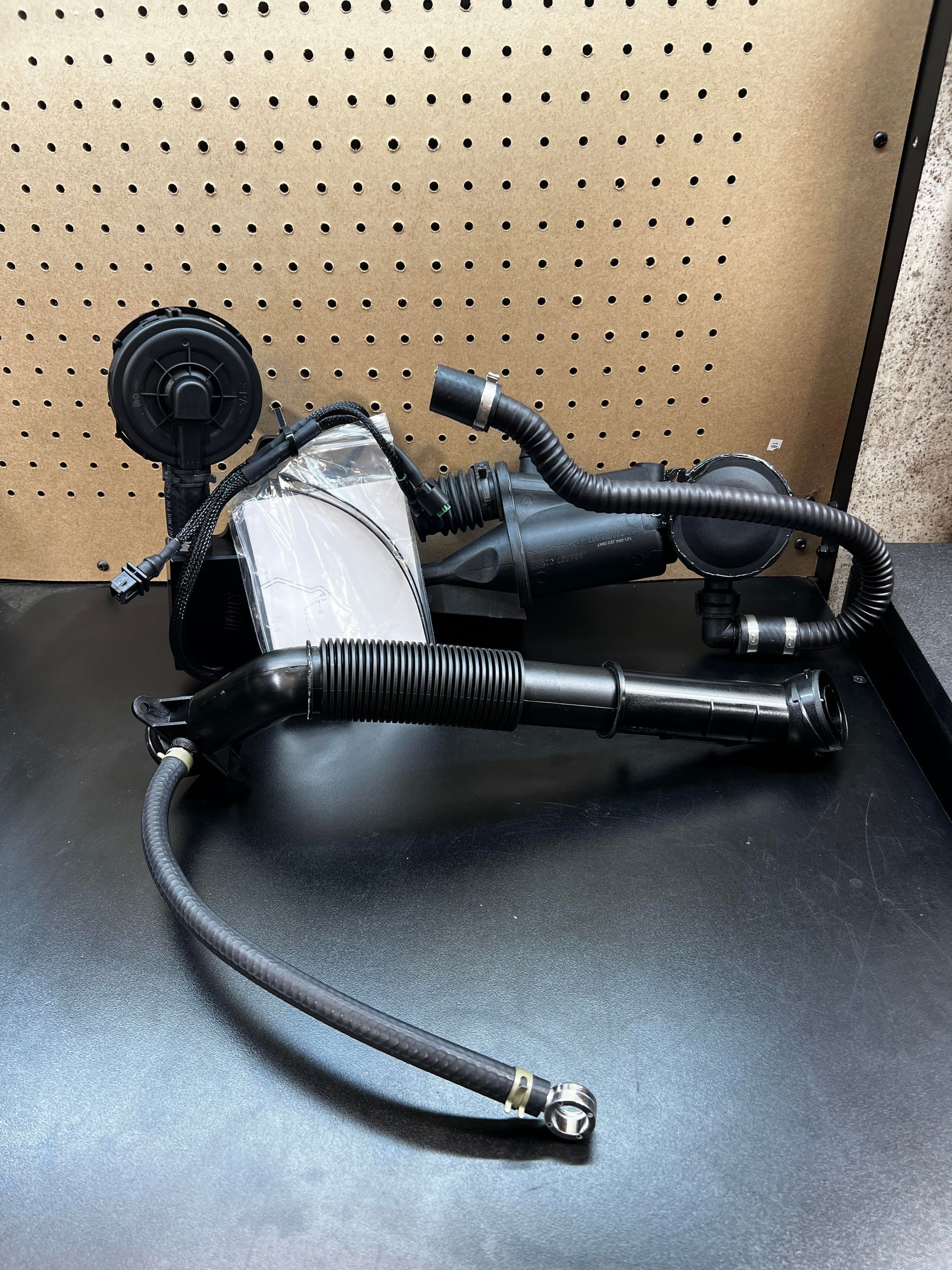
Porsche vehicles are celebrated for their precision engineering, unparalleled performance, and unmistakable design. Behind the exhilarating driving experience lies a complex network of components, each playing a vital role in the seamless operation of the vehicle. One such component, often overlooked but critically important, is the Air-Oil Separator (AOS). Understanding the implications of AOS failure is essential for preserving the performance and longevity of your Porsche's engine.
What is the AOS?
The Air-Oil Separator, or AOS, is a crucial component in the engine's ventilation system. It serves to separate oil particles from the air that circulates within the engine, preventing oil from contaminating the intake system and causing issues such as carbon buildup and reduced engine efficiency. Essentially, the AOS ensures that only clean air enters the combustion chambers, optimizing engine performance and emissions control.
Signs of AOS Failure:
- Excessive Oil Consumption: A failing AOS may allow oil to be drawn into the intake system, leading to increased oil consumption. If you find yourself needing to top up your Porsche's oil more frequently than usual, it could be a sign of AOS failure.
- Smoke from the Exhaust: Smoke emanating from the exhaust, particularly during startup or acceleration, may indicate oil being burned in the combustion chambers. This can result from AOS failure, as oil is introduced into the intake system, where it is subsequently burned during the combustion process.
- Poor Engine Performance: AOS failure can compromise engine performance, leading to rough idling, hesitation during acceleration, or a noticeable decrease in power output. These symptoms often stem from oil contamination within the intake system, disrupting the air-fuel mixture and combustion process.
- Check Engine Light: A malfunctioning AOS can trigger the check engine light to illuminate on the dashboard. This warning should not be ignored, as it indicates a fault that requires attention to prevent potential damage to the engine or emissions system.
Consequences of AOS Failure:
- Engine Damage: If left unchecked, AOS failure can lead to severe engine damage, including piston ring wear, cylinder scoring, and premature engine wear. The presence of oil within the combustion chambers can cause detonation and internal component damage, necessitating costly repairs or even engine replacement.
- Emissions Non-Compliance: A malfunctioning AOS can affect the vehicle's emissions control system, leading to increased emissions of harmful pollutants such as hydrocarbons and particulate matter. This can result in emissions test failures and regulatory non-compliance, potentially subjecting the vehicle to fines or penalties.
- Reduced Resale Value: A Porsche with a history of AOS failure may experience diminished resale value, as prospective buyers may be wary of potential engine issues. Regular maintenance and prompt AOS replacement can help preserve the vehicle's value and reputation.
Prevention and Maintenance:
Routine maintenance is essential for preventing AOS failure and preserving the health of your Porsche's engine. Regularly scheduled inspections by qualified technicians can detect early signs of AOS wear or malfunction, allowing for timely replacement before significant damage occurs. Additionally, adhering to recommended oil change intervals and using high-quality lubricants can help mitigate the risk of AOS failure by minimizing oil contamination within the engine.
In conclusion, AOS failure is a serious issue that can have far-reaching consequences for your Porsche's engine performance, emissions compliance, and resale value. By understanding the signs of AOS failure and prioritizing regular maintenance, you can safeguard your vehicle's engine and enjoy the exhilarating driving experience that Porsche enthusiasts cherish. Remember, proactive care and attention to detail are key to preserving the legacy of your Porsche for years to come.

